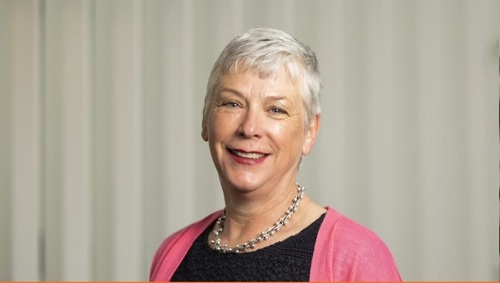The mortgage market for new arrivals to the UK
Nottingham Building Society is very proud to be a mutual organisation and this year marks 175 years since our inception. It’s a fantastic achievement to have spent the best part of two centuries helping people to get onto the property ladder, but the world – and the needs of borrowers – has changed considerably in that time.
And that does raise the question of what our role should be in the modern world. We were formed to meet a societal need, namely, providing mortgages to those who would otherwise have not had the opportunity to buy their own home.
Most modern residential borrowers, however, now have a range of options provided by both high street banks and more specialist lenders. This would suggest that the role of the modern mutual should be to move away from vanilla lending and instead identify groups struggling to access a mortgage and find solutions to allow responsible lending to these borrowers. Essentially, we need to continue to meet a societal need by serving the under-served in the mortgage market.
One area where we have seen a growing need is in the foreign nationals space. Statistics show that there is an increasing number of skilled workers coming to the UK to fill acute labour shortages but many face barriers to integration, not least in being able to buy a home here.
In 2022, the Government granted over 220,000 worker visas, almost double the 114,000 granted in the last full year before the pandemic, with the majority of those being in the healthcare (38%) and IT (17%) sectors. While these are temporary visas, usually for four or five years, it’s important to note that extensions and indefinite right to remain requests are granted in 98% and 99% of cases respectively*.
So clearly there is a growing workforce of foreign skilled workers, but does that translate in a growing demand for mortgages? Criteria searches on key platforms would suggest a resounding ‘yes’. Indeed, residency-related broker search terms exceeded a quarter of all criteria searches for the first time in Q4 of 2023** – that figure was just one in six two years ago.
As well as showing a growing demand for mortgages from this group of borrowers, the figures are also a strong indication of unmet demand as brokers tend to use these tools for ‘tricky cases’ that they struggle to place.
That paints a very clear picture of a large group of skilled workers who are coming to the UK, not just to work, but to settle here, put down roots and make the UK their home. But for many, securing a mortgage is just not an option, simply because lenders currently find it difficult to assess their creditworthiness.
So what we currently see in the market is restrictive criteria, designed to protect lenders, which has created a large under-served segment of potential borrowers. Some of the challenges for borrowers include:
- Minimum UK residency of one or two years.
- Minimum remaining time on visa of one or two years.
- £50k+ minimum income.
- Often maximum LTV of 75%.
It’s easy to see, therefore, how many foreign nationals will fail to meet these requirements. What’s harder to understand, however, is how they are really relevant to the individuals behind the mortgage applications.
Surely, the test for lenders should simply be, ‘can this individual afford to buy this property?’
In reality, of course, it’s not quite that simple but what does seem clear is that the industry as a whole tends to put restrictive criteria in place rather than seeking innovative solutions to challenges. And in many cases, that is at the detriment of borrowers.
At Nottingham Building Society, we don’t think that’s right, and our new purpose is focused on breaking down these kinds of barriers and making sure as many borrowers as possible have the opportunity to realise their home-buying dream.
That’s the role we believe a modern mutual should fulfil and that’s how we will continue to have an impact on growing homeownership and supporting borrowers for another 175 years.
You can find out more about how we are evolving our mortgage proposition to better serve the under-served here.
Alison Pallett
Sales Director

